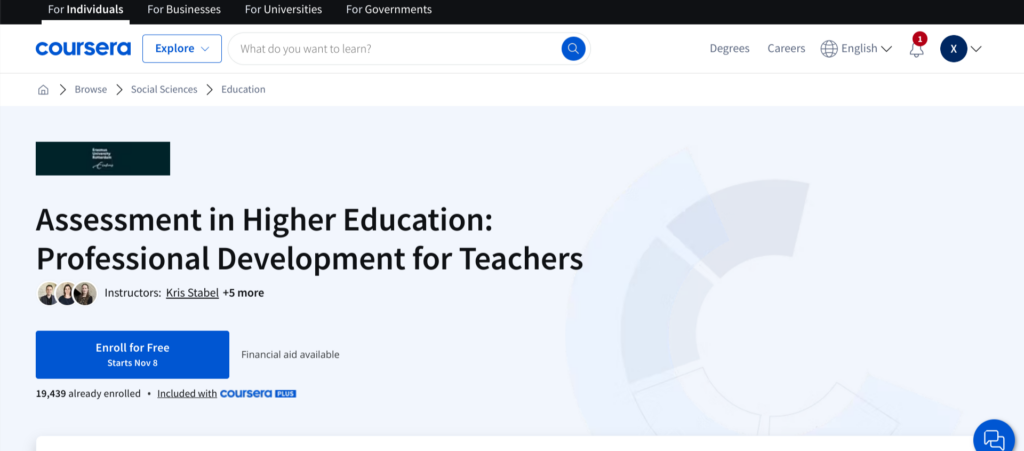Tech Versum: Explore the Future of Technology
Dive into the latest trends and innovations in technology with Tech Versum.
Why Your Degree Might Be Overrated
Discover the surprising truth about degrees – are they truly worth it? Uncover the reasons why your degree might be overrated!
The Hidden Costs of Pursuing a Degree: Is It Worth It?
Pursuing a degree often comes with a variety of hidden costs that students may not consider when they first enroll. Beyond tuition, which can be especially burdensome at private institutions, there are significant expenses for textbooks, materials, and even required technology. According to a report by the Bureau of Labor Statistics, students can spend an average of $1,200 annually on books and supplies alone. Additionally, housing, transportation, and food may surge, especially for those studying away from home. Many students may overlook these costs until they're already committed, leading to unexpected financial strain.
It’s also important to consider the opportunity costs of pursuing a degree. Enrolling in college means forgoing potential income from full-time employment during those years. For some, this could mean missing out on years of salary and work experience. Furthermore, graduates often find themselves saddled with student debt, which can take years, if not decades, to repay. This reality has led many to question: Is it worth it? To make an informed decision, prospective students should carefully weigh the total cost of their education against their career aspirations and potential earnings, referencing reliable sources like Studentaid.gov for guidance on financing options and debt management.

Skills Over Degrees: Why Experience Might Be the New Currency?
The traditional emphasis on degrees has long been the norm in hiring practices, but the tide is shifting towards valuing skills over formal academic achievements. Employers are increasingly recognizing that real-world experience can be more indicative of an individual's potential and productivity. According to a report by Forbes, a significant percentage of hiring managers believe that skills assessments are a more reliable measure of an applicant's capabilities compared to degrees. This trend highlights a growing acceptance of non-traditional education paths, including online courses and industry certifications, which often equip candidates with practical understanding that can be immediately applied in the workplace.
Furthermore, soft skills such as adaptability, communication, and teamwork often play a crucial role alongside technical abilities. In today's rapidly evolving job market, the ability to learn quickly and apply knowledge effectively is becoming invaluable. A survey conducted by LinkedIn found that 92% of talent professionals believe that soft skills are just as important, if not more so, than hard skills. As organizations prioritize agility and innovation, the demand for experienced individuals who possess a blend of both skill sets is likely to continue to rise, ultimately making experience the new currency in the professional world.
Is the Traditional Degree Model Fading? Exploring Alternatives for Career Success
The traditional degree model, once seen as the gold standard for career success, is increasingly being questioned in today's fast-paced job market. With the rise of technology and the evolving nature of work, many individuals are turning to alternative educational pathways that prioritize practical skills and real-world experience. Options such as online courses, coding bootcamps, and vocational training programs are gaining traction as viable substitutes. These alternatives not only offer greater flexibility and often lower costs but also equip learners with the specific skills that employers are actively seeking.
Furthermore, the shift towards a skills-based hiring approach has prompted businesses to value competency over credentials. Many companies now recognize that potential employees can showcase their abilities through projects, portfolios, and hands-on experiences. As a result, the traditional degree model may be fading, prompting prospective students to explore diverse paths such as micro-credentials, professional certifications, and even self-directed learning. This evolution encourages a more personalized and practical approach to education, ultimately reshaping what career success looks like in the modern workplace.